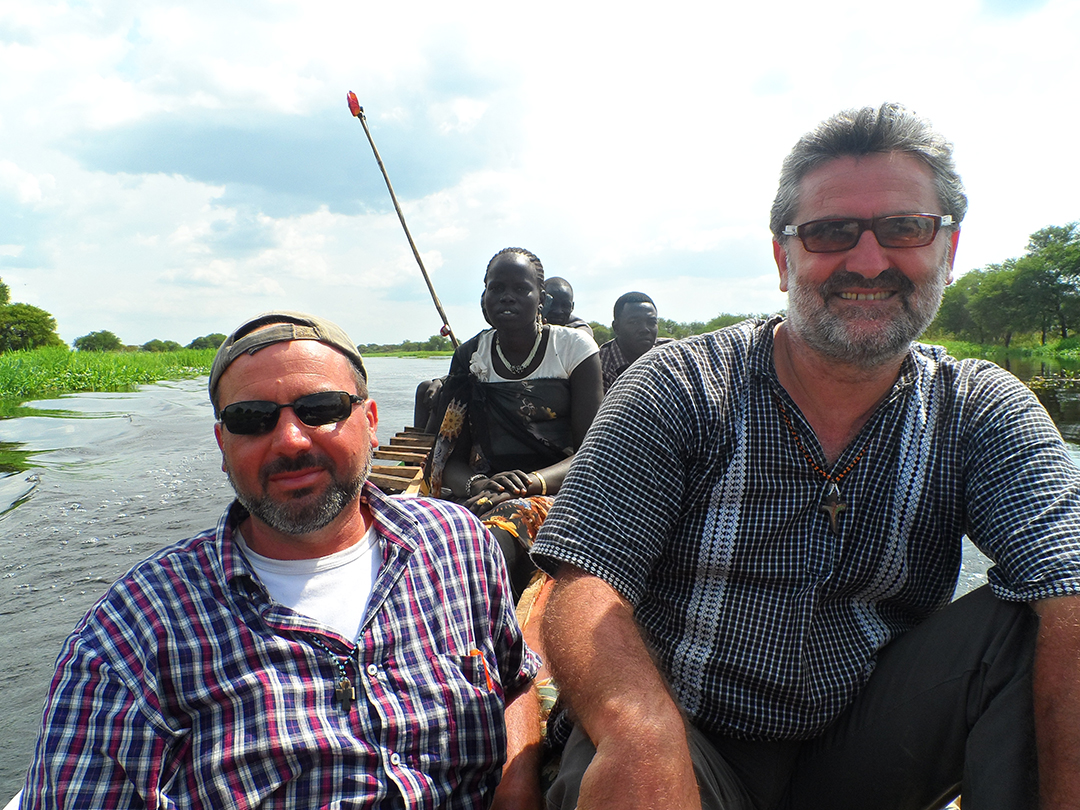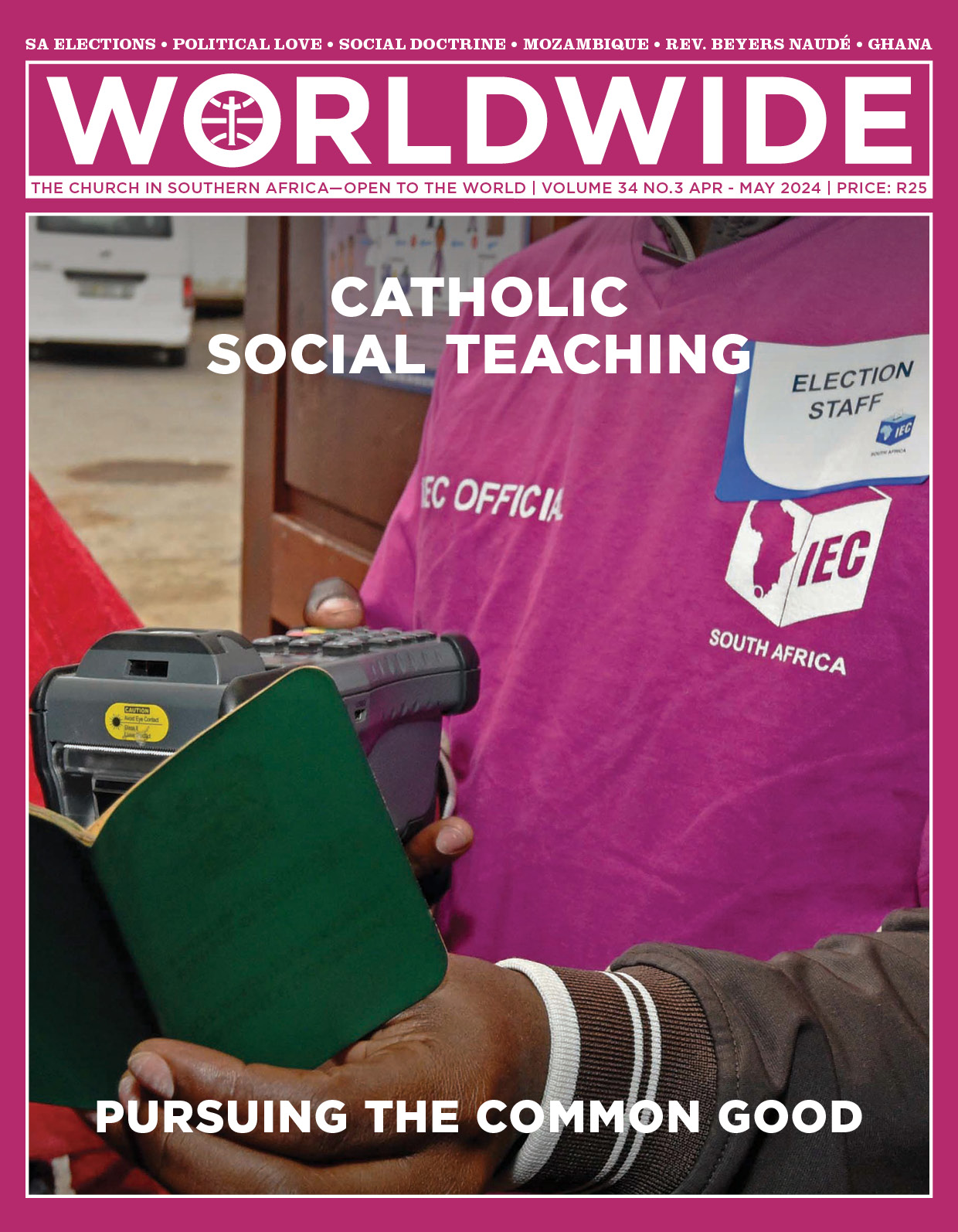
CATHOLIC SOCIAL TEACHING, PURSUING THE COMMON GOOD
It is the honourable responsibility of Christians to contribute by means of active participation to building a society where the common good is fundamental. As Pope Benedict XVI affirmed: “There is a need for authentically Christian politicians but, even more so, for lay faithful who witness to Christ and the Gospel in the civil and political community.” (Address to the 24th Plenary Session of the Pontifical Council for the Laity).
FOCUS • POLITICAL LOVE

PRINCIPLES OF CHRISTIAN DISCERNMENT WHEN VOTING
The vote in the upcoming elections in South Africa is an opportunity for Christians to exercise political responsibility by choosing leaders who are able to serve the citizenship through pursuing the common good and respect for human dignity.
BY MIKE POTHIER, PROGRAMME MANAGER | SACBC PARLIAMENTARY LIAISON OFFICE, CAPE TOWN
THE NATIONAL and provincial elections scheduled to take place in South Africa on the 29th of May are being described as the most important elections since the achievement of democracy in 1994.
This is partly because there has been a sense for many years now that the country is adrift—standards of governance have fallen, service delivery is declining in most sectors of the state, the economy is weakening instead of growing, and too little has been done to root out the corruption and patronage that characterised the era which we call ‘state capture’.
Moreover, it is also because it is widely expected that, for the first time in 30 years, the governing African National Congress (ANC) will lose its outright majority in the national Parliament and in at least two or three of the provinces. There is thus a real chance of a re-balancing of power, and thereby of greater accountability to the electorate, better management of the economy and provision of services, and hopefully less corruption and malfeasance. These potentially positive outcomes will depend, however, on the way people choose to use their votes, and indeed on whether they use them at all.
A Catholic vote
With all this at stake, what should a Christian voter do? Well, the Catholic Church is very clear about the duty of Catholics to participate in political matters and in the Church’s social doctrine, commonly known as Catholic Social Teaching (CST). This puts forward a set of values and principles that can help guide voters in their assessment of what the different political parties offer, and which ones they should support.
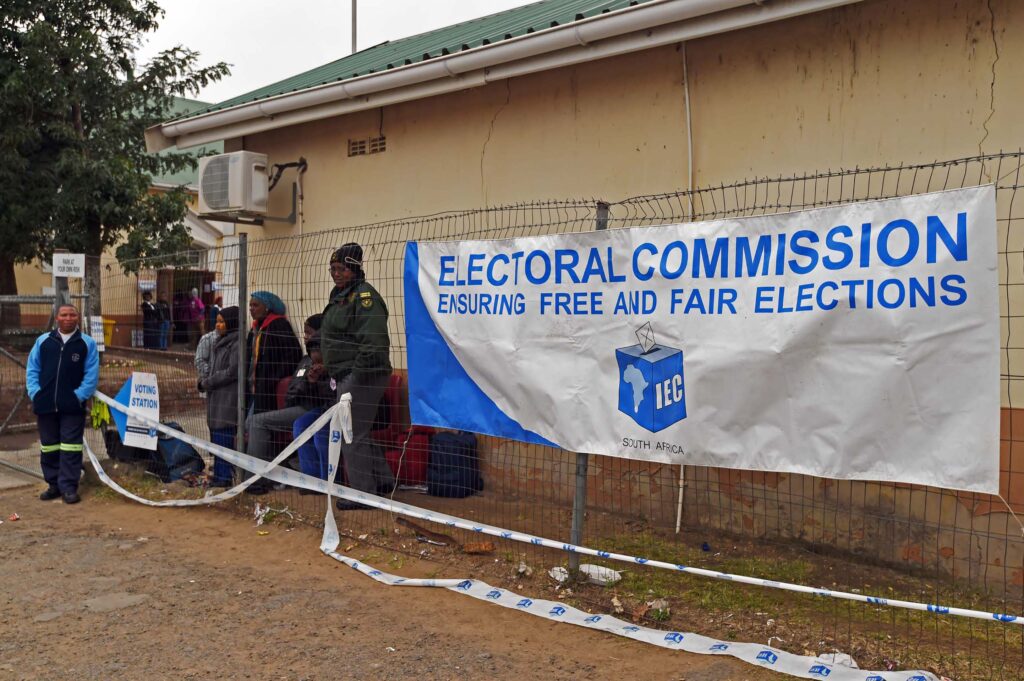
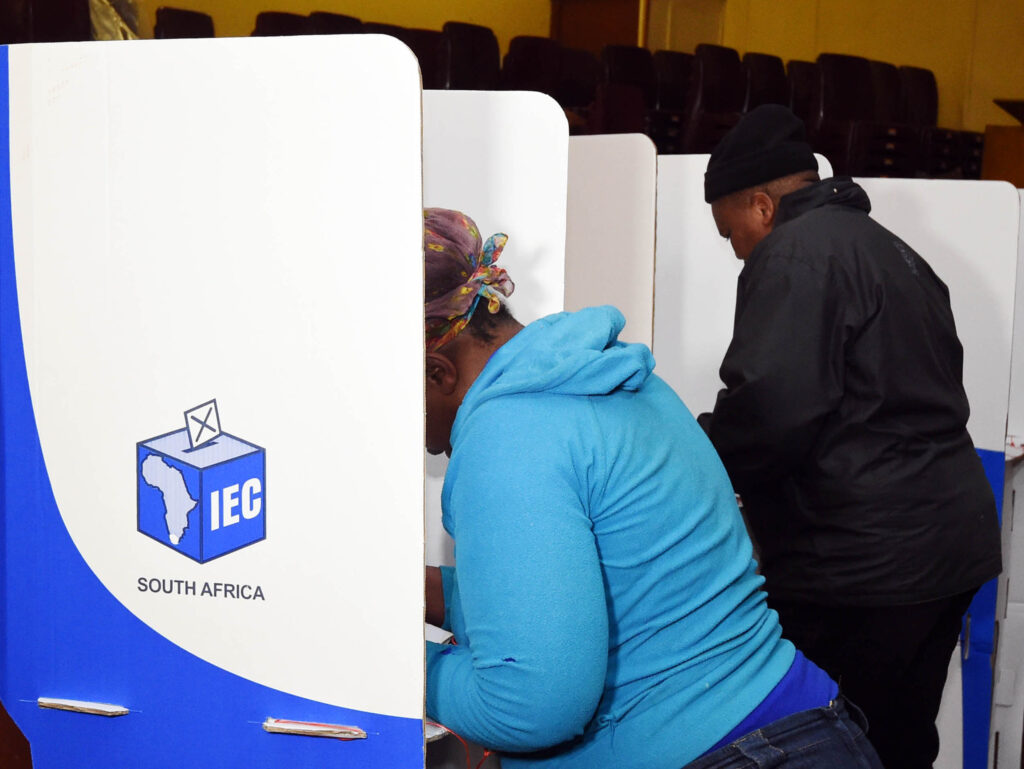
Firstly, the duty to participate. In Evangelii Gaudium, Pope Francis says, “Let us not forget that responsible citizenship is a virtue, and that participation in political life is a moral obligation.” (EG 220). This echoes what was said by the world’s bishops during the Second Vatican Council in the 1960s: “All citizens […] should be mindful of the right and also the duty to use their free vote to further the common good.” (Gaudium et Spes, 75)
So, the first point to accept is that we must take voting, and indeed wider participation in political life, seriously—it is both a duty and an obligation for Catholics. This contrasts very markedly with what is unfortunately sometimes put forward as the ‘Christian’ attitude to politics— that politics, being ‘of this world’ is somehow suspect and to be avoided by Christians, who should instead be focused on matters regarding ‘the world to come’.
Principles of the CST and electoral choices
This brings us to the principles of CST and how they can help us to assess the policies of the various parties and decide which one to vote for. Let us begin with the common good. This is a wide-ranging concept, but in essence it means the full range of social conditions that enable everyone in a community to live dignified and fulfilled lives. It is glaringly evident that the common good has never been upheld properly in South Africa —obviously not in the past, when the interests of the majority were neglected, but also not during the democratic period. We still have massive poverty, unemployment, inequality, and lack of dignified living conditions.
As voters, we need to ask ourselves which parties and policies are most likely to foster the entire good of the whole community in our country. Many parties merely seek to advance the interests of certain sectors of the population, or to promote ideologies that ignore or deny the rights and needs of others. Some parties, indeed, seem to be focused mainly on looking after the narrow interests of their own members and leadership elites.
Voters should also be mindful of falling for easy promises. Some parties put forward very attractive social policies— regarding grants, job-creation and so on—without credible economic policies to back them up. Conversely, some parties take economic questions very seriously, but overlook the depth of the social needs of the millions who live in poverty and indignity. If we value the common good, we need to take a holistic view, and select those parties whose policies are both economically realistic and socially responsible—in other words those who advance the common good.
It is glaringly evident that the common good has never been upheld properly in South Africa
The second principle to consider is solidarity. In a particularly powerful phrase, Pope John Paul II described solidarity as “a firm and persevering determination to commit oneself to the common good; that is to say, to the good of all and of each individual, because we are all really responsible for all” (1987, 38). The principle of solidarity implies that when we cast our vote, we must do so with not only our own interests at heart, but also the interests of the wider community. A wealthy person, for example, will be tempted to vote for a party that promises lower income taxes—but in an unequal and poverty-stricken society solidarity may require that he or she votes for the wealthy being taxed higher (provided, of course, that there is a credible plan for spending those taxes).
Solidarity also reaches into the future, and beyond our borders. Our voting choices must consider generations too young to vote, or not yet born, and what kind of country we are leaving for them. What kind of role do we want our country to play in our region and continent, and in the international community?

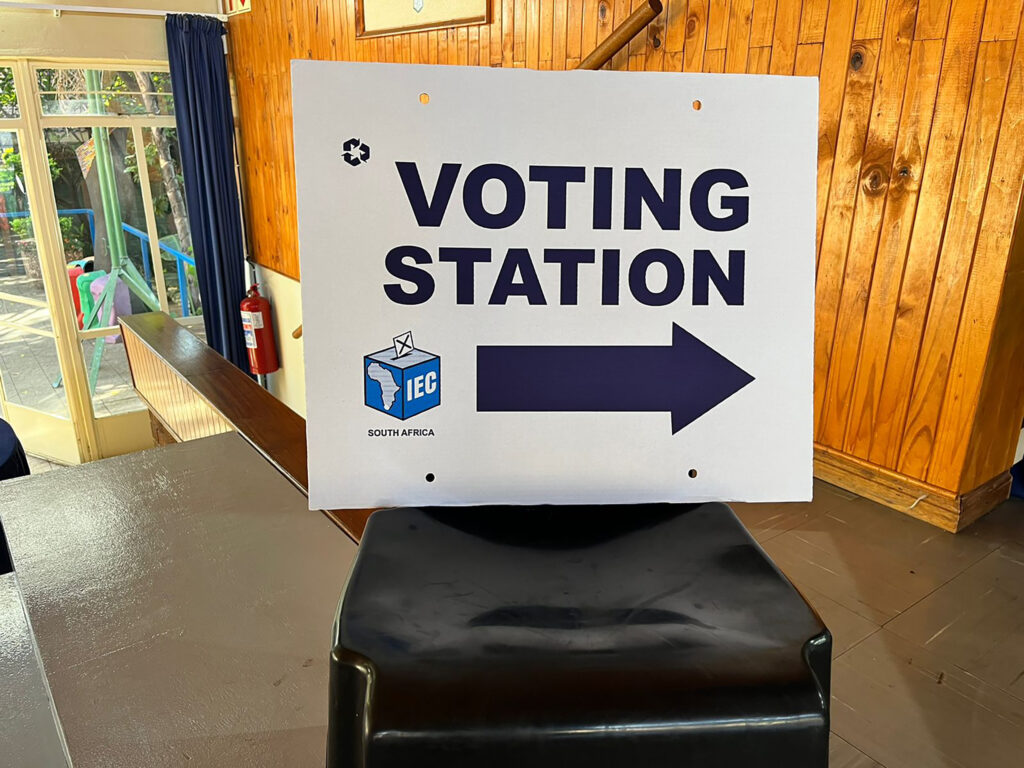

Considering the interests of other people and groups of people brings us to the next important principle of CST, the preferential option for the poor. Jesus himself continually drew attention to people who were marginalised, those overlooked by society and who didn’t count in the eyes of the rich and powerful. When we vote, we need to think about the interests of such people in our own society. This is obviously not just about people who are materially poor— the concept includes all those who are vulnerable or whose place in society is fragile. Think of refugees and asylum seekers, for example and consider who looks after their interests. What about the thousands of women who are victims of gender-based violence, or who for cultural reasons are treated like children when it comes to property and decision-making? What about those who live with physical and mental disabilities? Those whose sexual orientation leaves them open to emotional abuse and physical threats. Let’s ask which parties, if any, have clear policies regarding the most vulnerable sectors of our community.
Our voting choices must consider generations too young to vote, or not yet born, and what kind of country we are leaving for them.
Another principle of CST which is of growing importance today, is the integrity of creation, a favourite theme of Pope Francis, and one which has concerned the Church for a long time. Almost 30 years ago the Bishops of England and Wales said: “Each generation takes the natural environment on loan, and must return it after use in as good or better a condition as when it was first borrowed.” (1996, 107). Which of our political parties do you think really understands the importance of looking after the world which has been created for us to live in? We must not allow our striving for economic prosperity and material advancement in the short-term to destroy our natural environment in the long-term.
There are several more social teaching principles that could be mentioned, but let us conclude with what is probably the most central one of all—human dignity. We believe that every human being is endowed with dignity because all of us are created in the image of God. This dignity entitles us all to respect and to certain rights, and to have those rights protected. In turn, each of us must respect everyone else, and uphold their rights.
Among the foremost of these rights is the right to life—so we need to look at the various parties’ stance on abortion, euthanasia, and the death penalty. Also, what about policies that make life difficult or dangerous? Some parties may reject abortion, while their socio-economic policies provide little or no assistance to poor mothers; they may also neglect child-support grants, or victimize schoolgirls who become pregnant. On the other hand, parties may have excellent social policies aimed at protecting and nurturing life after birth, but completely ignore the rights of unborn children, as if they did not exist.
Dignity issues go well beyond the right to life. In our country, matters of race and racial relations, as well as gender-related issues, are important. Our Constitution speaks about a ‘non-racist and non-sexist’ society, but which parties, if any, are really trying to build such a future for us? Crimes, especially involving violence, are an affront to people’s dignity. All parties talk a lot about reducing crime rates— which ones do you think are in fact serious about it?
Choosing with a holistic view
On election day only you can decide who to vote for. The Church is not going to endorse Party X, or tell you that you may not, as a Catholic, vote for Party Y. The choice is yours. If you bear in mind some of the CST principles mentioned above, you will hopefully find it easy to make a good choice.
In this regard it is important to avoid the following two things. One is single issue voting—where the voter latches onto one issue only, forgetting about all the others, and bases their choice solely on what the parties’ stance is on, for example abortion, or climate change, or land, or whatever the voter’s pet issue happens to be. Politics, by definition, is about a whole range of issues, all of which interlink and influence each other. We need to identify and support parties that are best able to handle all areas of governance, remembering that none of them is even close to perfect.
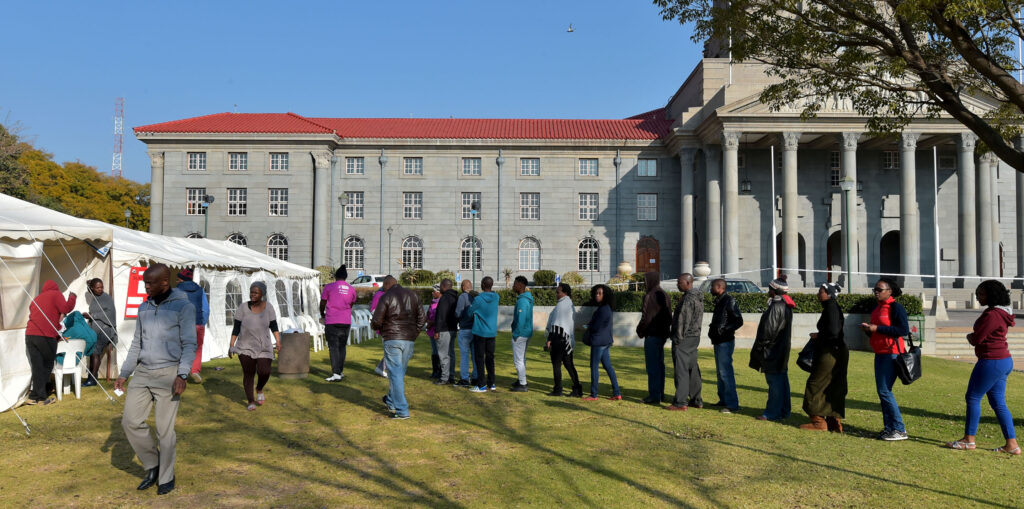
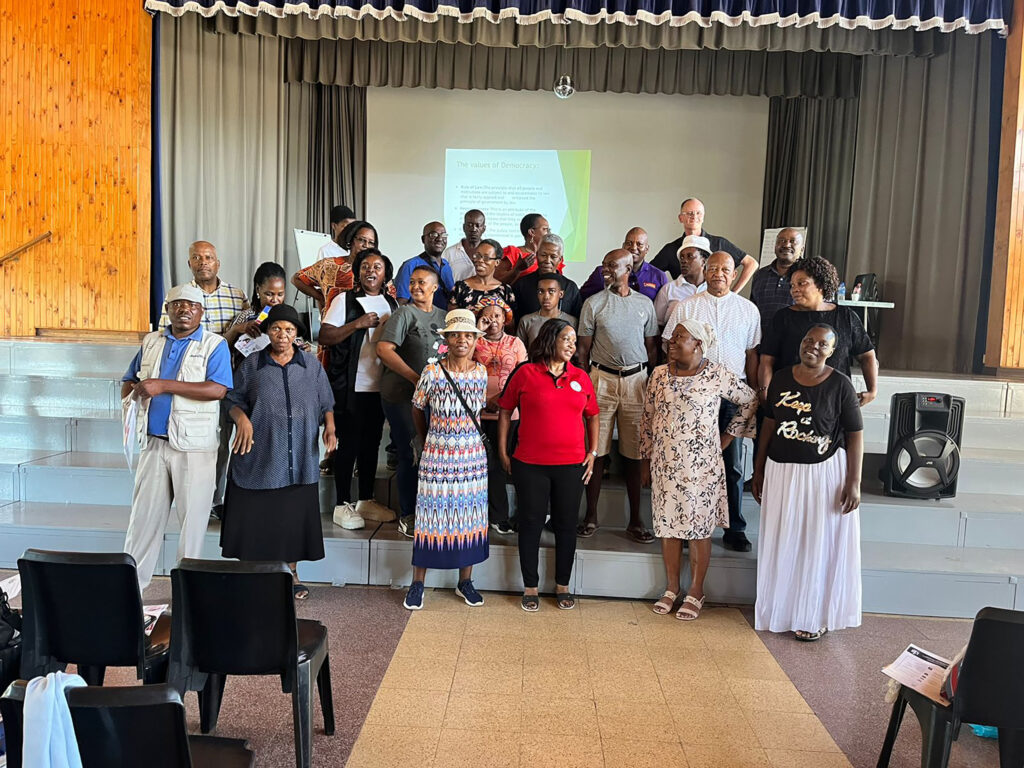
The other point is not to vote based on past loyalties. Political parties are not football clubs, and we are not fans, supporting our club even when it underperforms on the field. If the party you voted for in the last elections has disappointed you, vote for a different one this time. That is precisely why we have a multiparty system.
The great former Archbishop of Durban, and stalwart of the struggle for freedom and justice in our country, Denis Hurley OMI always believed that keeping religion out of politics is trying to keep the example, the wisdom, the influence, the virtue, the holiness, and the freedom of Jesus out of political life. In deciding who to vote for, when we come to the ballot box on the 29th of May, let us pray for the wisdom and the holiness of Jesus to guide us.

